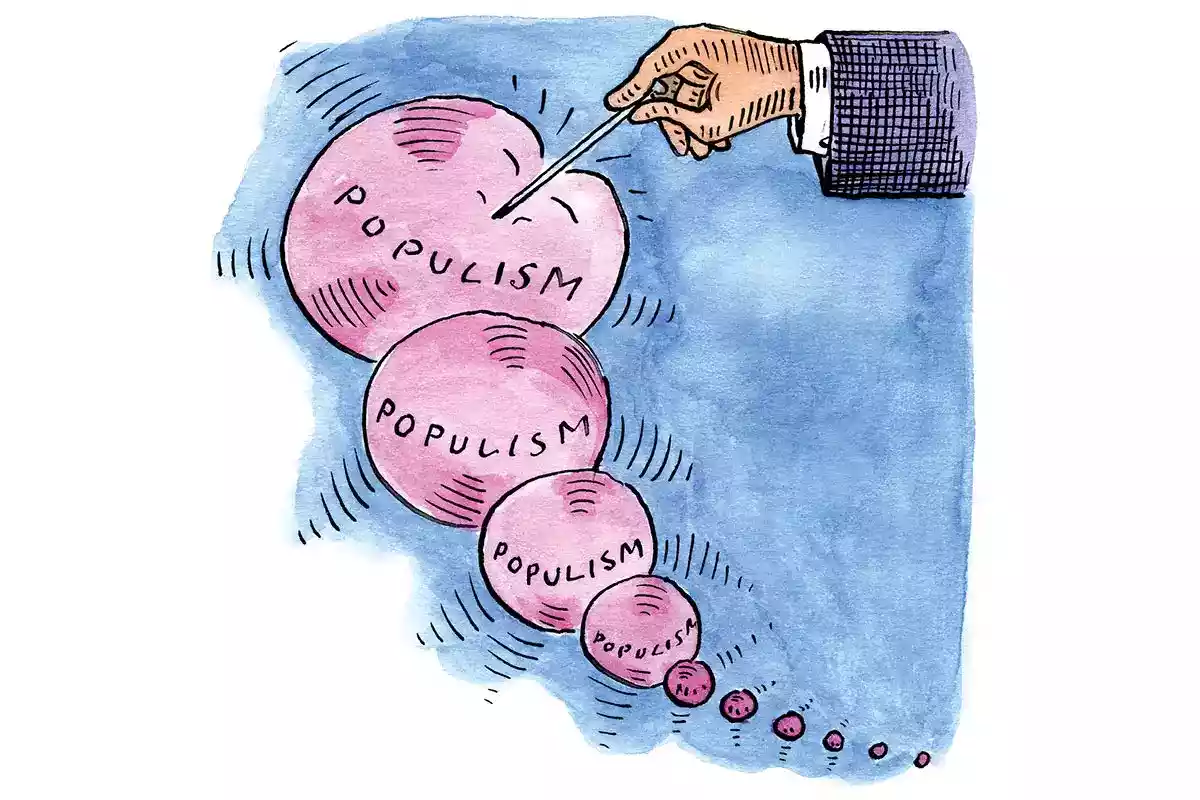
THERE have been heated debates on whether children whose parents have not paid school fees should be barred from the school to compel their parents to pay.
Furthermore, there has been a brouhaha between the government and teachers who are engaged in moonlighting with the same children that they teach.
Some parents have joined the government in lampooning teachers who are involved in extra tuition for a fee. There is a trite saying in English that goes thus, “Where elephants fight, the grass suffers”.
It is a fact that where teachers and the government or where parents and teachers fight over the issue of moonlighting, it is the child that suffers. It is the intent of this opinion piece to talk about the need for parents to take full responsibility for their children by paying school fees for their children also underscore the need for the government to pay teachers decent salaries so that the structural determinants of moonlighting are addressed.
With respect to the United Nations Convention on the Rights of the Child (UNCRC) of 1989, children have the right to education (Article, 28), and this right is further amplified in the progressive Constitution of Zimbabwe under Section 75. Under Article 3 of the UNCRC 1989, whatever is done by duty bearers should be in the best interests of the child. Furthermore, Article 12 of the UNCRC touts the participation of children in matters that affect them.
While the UNCRC — 1989 and the Constitution of Zimbabwe, are loud and clear on the rights of the claimants (children), these rights cannot be enjoyed in the absence of parental, State and non-State actors’ involvement in terms of the provision of tangible and intangible resources to schools and children. Children are minoritised because of age, gender, disability, culture, religion, region, race, ethnicity, sexuality and class. Arguably, children need safeguarding, protection, education and care. Essentially, parents have a duty and obligation to step up to ensure that children enjoy their protection, participation and provision of rights. If parents’ material circumstances are not in a good stead, the State is under obligation to help parents to be accountable for their children by coming up with comprehensive social protection schemes which can support both children and their parents.
In Zimbabwe there is a stimulus policy for orphans and vulnerable children in the name of the Basic Education Assistance Module (Beam). Beam covers school fees for the former and the latter, but the sad thing is that it is a safety net that is largely on paper and its disbursement is not timeous. More so, Beam is not comprehensive in terms of security, as it does not cater for the global needs of orphans and vulnerable children and their families. For example, research reveals a bi-directional link between poverty and disability, so in the case of children with disabilities even if they get school fees they may be in need of food and nutrition security, uniforms and other pieces of clothing.
Selecting Beam beneficiaries should not be tainted with political patronage, because once that happens, there may be errors of exclusion.
- ED’s influence will take generations to erase
- ‘Govt spineless on wetland land barons’
- Govt under attack over banks lending ban
- Zim Constitution must be amended
Keep Reading
All things considered, the point that this opinion piece would want to underscore is that parents who have the capacity to pay fees for their children should do so instead of looking up to the government that has competing needs.
Parents should not go with the “Education for free” (there is no free lunch in this world) populism because not paying school fees weighs down on the operations of the school. A school has employment costs (salaries), utility bills, running costs, water and sanitation, sporting activities, staff development, conferences, training, look and learn visits and examinations to worry about and all these things need money.
A school cannot run efficiently and effectively in the absence of a sound financial system, which is a budget. Essentially, a budget is a management tool which is critical for feeding various units of the school. Given shoe-string budgets in schools because of parents that are not paying school fees, most school heads now work like elephants and feed like rats at the end of the day, so that these schools can be kept going.
Moonlighting by teachers is a symptom of the measly salaries that they are getting from the government.
The poor salaries that teachers are getting from the government are acting as accelerators of the teachers’ conduct. These teachers are just being innovative, creative, versatile, resilient and agile to survive just like any other worker in Zimbabwe. Parents who want quality education for their children will engage these teachers for extra tuition for their children. If you want quality education for your children, you must pay for it. Blaming teachers doing extra lessons is not addressing the bigger picture; the bigger picture lies with the economy which is not giving teachers what is consistent with their experience and qualifications.
- Nicholas Aribino is the ZimCare Trust country director. He writes here in his personal capacity.







